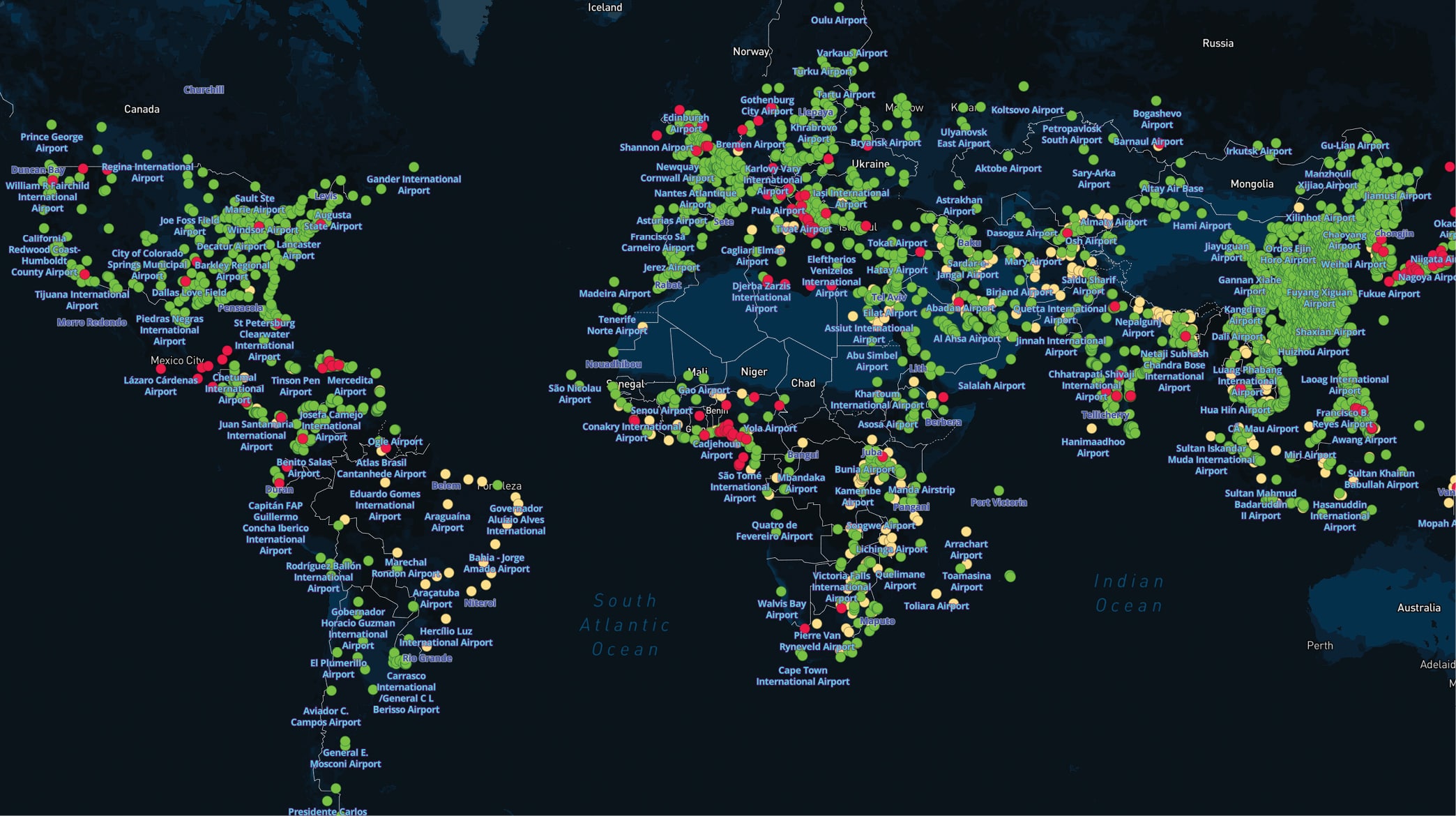Economic Zones World: Leading the Evolution of Free Trade Zones International:
Economic Zones World (EZW), headquartered in Dubai, United Arab Emirates, defines a critical player in the international landscape of UAE free trade zones and industrial parks. Established in 2006 under the aegis of Dubai World Group, Economic Zones World is dedicated to the ownership, operation, administration, and development of these zones, making it a key contributor to global trade and economic development. As a division of DP World FZE, EZW operates with a vision to foster sustainable societies through dynamic business models and high commercial success. This article delves into the significance of EZW, its impact on global trade, and the broader context of economic zones worldwide.
Economic Zones World was born out of a need to create a robust network of infrastructure platforms that support the rapid growth of international trade and investment. The free zone was created to leverage Dubai’s strategic location and its expertise in managing trade and logistics. Since its inception, EZW has aimed to develop a global network of free trade zones and industrial parks, catering to a diverse clientele across various continents.
EZW’s strategic approach involves not only developing physical infrastructure but also creating business environments that promote economic growth and sustainability. By focusing on a combination of advanced facilities, strategic locations, and supportive regulatory frameworks, EZW ensures that its zones are attractive to investors and businesses from around the world.

Economic Zones World International Trade:
These zones offer a range of incentives, such as tax breaks, simplified customs procedures, and regulatory flexibility, to attract foreign investment and boost economic activity. The concept of FEZs has evolved over time, with modern variations including special economic zones (SEZs), export processing zones (EPZs), and industrial parks. FEZs International Trade are designated areas where business and trade laws differ from the rest of the country.
EZW plays a pivotal role in this ecosystem by managing and developing such zones on a global scale. Its expertise in creating efficient and business-friendly environments helps streamline trade and investment processes, making it easier for companies to operate internationally. This, in turn, supports global supply chains, facilitates international trade, and contributes to economic development in various regions.
Key Features and Benefits of EZW's Economic Zones-
Strategic Locations | Comprehensive Infrastructure | Business-Friendly Regulations
- EZW’s zones are strategically located in key global markets, including the Americas, Asia, Africa, and the Middle East. These locations are chosen based on their accessibility, connectivity, and potential for growth, ensuring that businesses operating in these zones have a competitive edge in international markets.
- The infrastructure within EZW’s zones is designed to meet the highest standards of efficiency and functionality. This includes state-of-the-art facilities for manufacturing, logistics, and warehousing, as well as advanced communication and IT systems.
- EZW’s zones offer a range of regulatory advantages, such as tax incentives, streamlined customs procedures, and relaxed labor laws. These benefits are designed to reduce the operational costs and administrative burdens on businesses, making it easier for them to thrive.
- As a socially responsible organization, EZW integrates sustainability into its business models. This includes promoting environmentally friendly practices, supporting local communities, and ensuring that its operations contribute to long-term economic and social development.
- EZW’s extensive network of zones across multiple continents provides businesses with a comprehensive platform for international expansion. This global presence helps companies tap into new markets and leverage opportunities across different regions.
Economic Zones World | Impact on Global Investment and Trade-
Economic Zones World, The impact of EZW on global investment and trade is significant. By creating and managing free trade zones with favorable conditions for businesses, Free Economic Zones in the World helps attract foreign direct investment (FDI) and stimulate economic activity. This, in turn, leads to job creation, technological advancements, and increased trade volumes.
For instance, companies operating within EZW’s zones benefit from enhanced market access, reduced operational costs, and improved supply chain efficiencies. This makes them more competitive on a global scale and supports their growth and expansion efforts.
Moreover, the presence of EZW’s zones in diverse regions contributes to the economic development of those areas. By providing high-quality infrastructure and business support, EZW helps stimulate local economies and promote regional development.
Economic Economic Zones: A Global Perspective-
Special economic zones (SEZs) are a broader category of economic zones that include various types of zones designed to attract investment and boost economic activity. According to the World Bank’s World Investment Report 2019, SEZs play a crucial role in the global economy by offering a range of incentives to investors and businesses. SEZs are prevalent in many countries, each with its own unique features and benefits. For example, China’s SEZs, such as those in Shenzhen, have been instrumental in driving the country’s rapid economic growth. Similarly, India’s SEZs have contributed to its industrial development and export growth. The World Economic Zones and World SEZ trends highlight the growing importance of these zones in the global economy. They provide valuable insights into the effectiveness of different SEZ models and their impact on investment flows, economic growth, and regional development.
World Economic Zones Opportunities-
Economic Zones World, Free Economic Zones and SEZs, these include concerns about environmental impact, regulatory compliance, and the potential for economic inequalities. Addressing these challenges requires a balanced approach that integrates sustainable practices, robust governance, and inclusive growth strategies. Special economic zone in the world, as a leading player in the development of economic zones, is well-positioned to address these challenges. By focusing on sustainability, innovation, and responsible business practices, EZW can help ensure that its zones contribute positively to the global economy while mitigating potential negative impacts.
